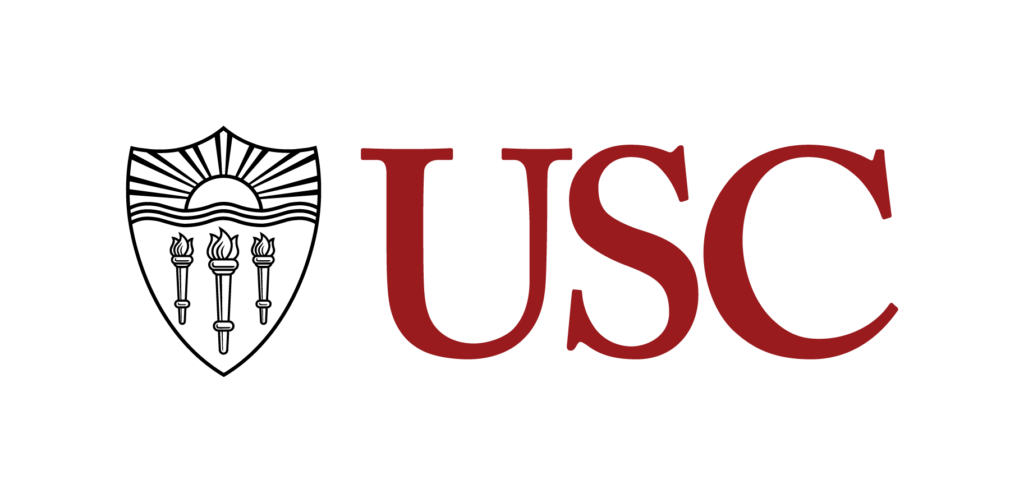Financial hardship among cancer survivors in Southern New Jersey
Purpose:
To identify predictors of financial hardship, operationalized as foregoing health care, making financial sacrifices, and being concerned about having inadequate financial and insurance information.
Methods:
Cancer survivors (n = 346) identified through the New Jersey State Cancer Registry were surveyed from August 2018 to September 2019. Multivariable logistic regression analyses were performed.
Results:
Cancer survivors with household incomes less than $50,000 annually were more likely than those earning $50,0000-$90,000 to report foregoing health care (15.8 percentage points, p < 0.05). Compared to retirees, survivors who were currently unemployed, disabled, or were homemakers were more likely to forego doctor’s visits (11.4 percentage points, p < 0.05), more likely to report borrowing money (16.1 percentage points, p < 0.01), and more likely to report wanting health insurance information (25.7 percentage points, p < 0.01). Employed survivors were more likely than retirees to forego health care (16.8 percentage points, p < 0.05) and make financial sacrifices (20.0 percentage points, p < 0.01). Survivors who never went to college were 9.8 percentage points (p < 0.05) more likely to borrow money compared to college graduates. Black survivors were more likely to want information about dealing with financial and insurance issues (p < 0.01); men were more likely to forego health care (p < 0.05).
Conclusion:
Findings highlight the role of employment status and suggest that education, income, race, and gender also shape cancer survivors’ experience of financial hardship. There is a need to refine and extend financial navigation programs. For employed survivors, strengthening family leave policies would be desirable.

